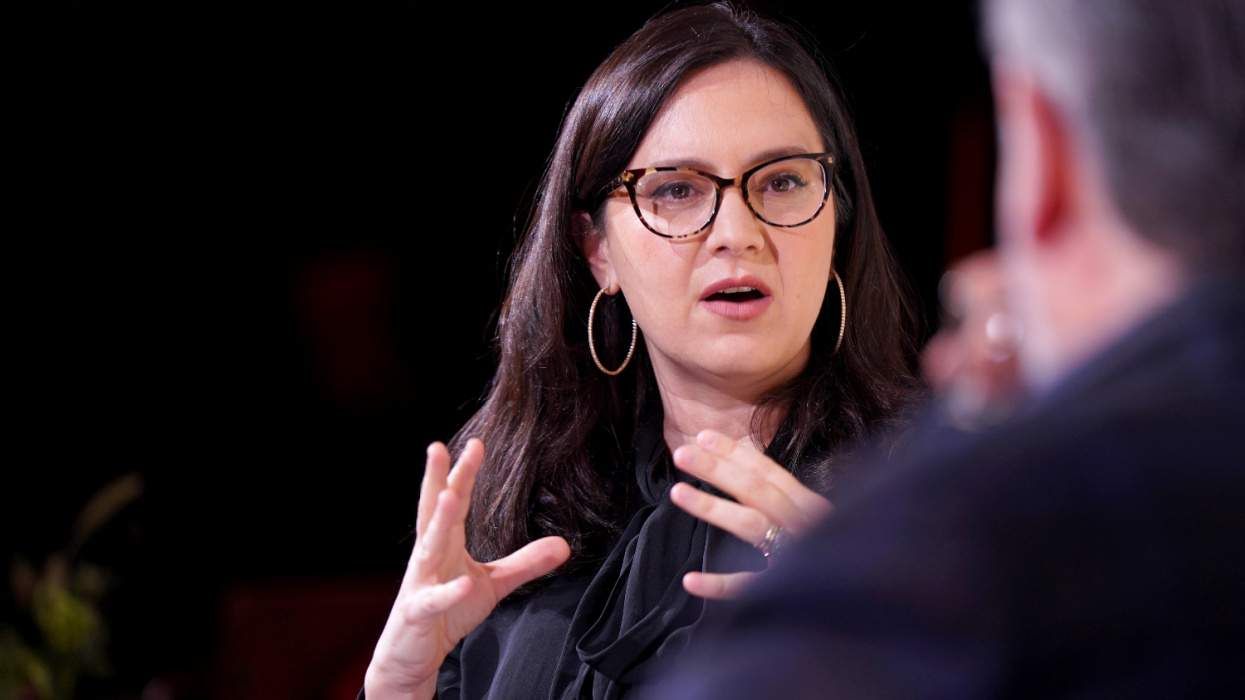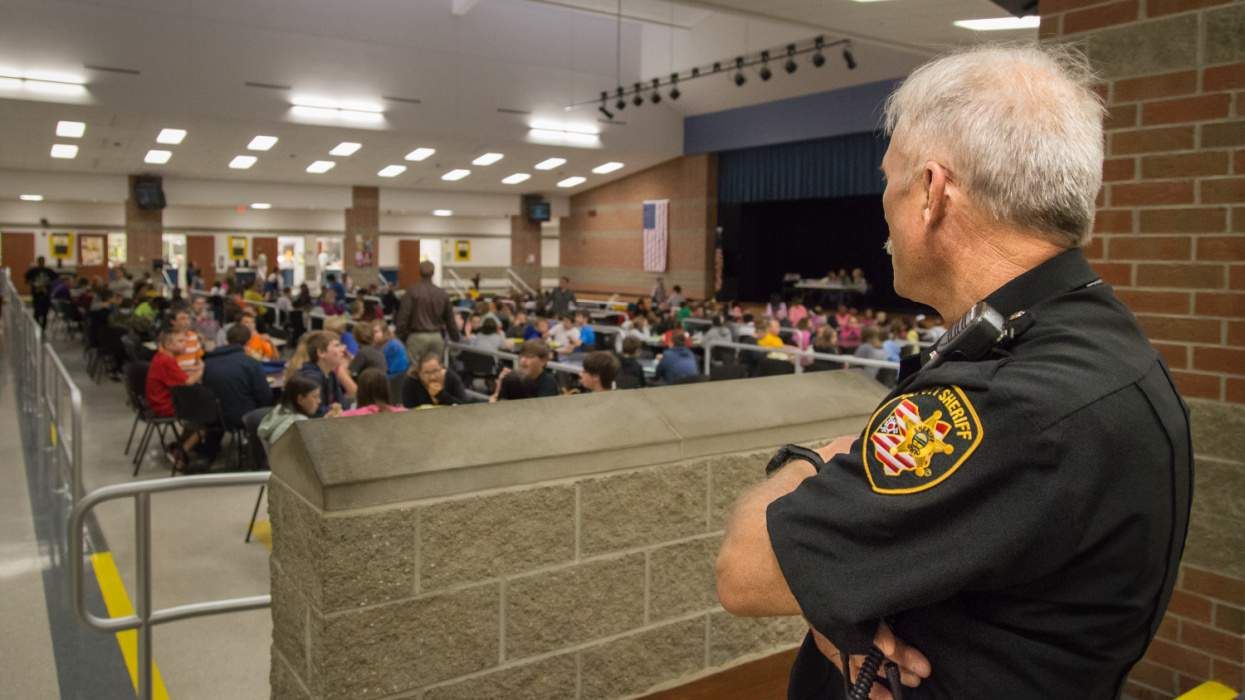May 17 is the International Day Against Homophobia, Transphobia, Biphobia and Intersexphobia (IDAHOBIT). Along with Pride month, it is a time when the global spotlight shines on LGBTIQ equality. Every year we need that spotlight, because, while progress has been inspiring in recent decades, the levels of exclusion, discrimination, harassment and violence LGBTIQ communities around the world continue to face every day are harrowing. Over the last year and a half they have only been amplified by the pandemic.
In recent weeks we hear more and more about increasing COVID-19 vaccine access in the USA, in the U.K., and elsewhere. We hear about restrictions easing, and about life going back to a semblance of normalcy. What we hear less about are the countries where vaccines are a long way from being available, and the people being left behind from recovery efforts. Among them, LGBTIQ people.
So on this IDAHOBIT, I want the spotlight to shine on that.
Vulnerable communities are always more deeply affected in times of crisis. In the U.S., Black and Latinx people continue to become infected and die from COVID-19 at much higher rates than white people. The United Nations highlights that millions more women worldwide have lost jobs in the pandemic and have had to bear more of the burden of caring for children and elderly family members.
For LGBTIQ people, the marginalization that we experience on a day-to-day basis was amplified during the pandemic. Due to overrepresentation in informal sector jobs caused by employment discrimination, LGBTIQ people experienced a devastation of livelihoods. Loss of homes and an inability to leave resulted in higher rates of domestic violence. We've experienced amplified challenges accessing health care, and increasing mental health issues due to separation from communities. Moreover, LGBTIQ people, as in other crises, have been blamed and scapegoated for the COVID-19 pandemic, further amplifying already prevalent levels of LGBTIQ-phobia around the world.
Compounding that even further is the fact that humanitarian responses often exclude LGBTIQ people by using narrow definitions of family, binary definitions of gender, unsafe locations, or biased staff for emergency interventions.
In April 2020, OutRight launched a COVID emergency fund to support LGBTIQ communities around the world. Reflecting the ongoing crisis the LGBTIQ community is facing, the latest call for applications, launched last month, received 1,500 applications from 111 countries, totaling $26 million in need. Applications highlighted a deepening crisis as LGBTIQ people continue to be out of jobs, continue to have to live with abusive family members, and face challenges accessing life-saving care for HIV, gender affirming treatment, or, indeed COVID-19. One applicant highlighted a dramatic loss of funding as a result of which they are on the brink of shutting several community centers providing crucial services to the community. Another highlights an exponential growth in calls for help to their hotline, with most callers asking support for shelter and food, as well as psychological support due to abuse and violence in the home.
At the same time, while vaccines have become widely available across North America and Europe, the same is not true for the majority of the world. This vaccine tracker shows less than one dose administered per 100 people across Africa, one to two in parts of the Middle East and Southeast Asia. The picture looks more hopeful in Latin America, with over 80 people out of a 100 having received a dose in Chile, and just over 20 in Brazil.
What does this mean? That most people in the world have not reached the end of the pandemic. And, as the Global South has more of the world's population and more of the world's laws criminalizing same-sex relations, the majority of LGBTIQ people in the world will continue to be in a crisis within a crisis, feeling amplified effects. Experience also shows that when recovery efforts do take on more speed, LGBTIQ people will not be among the first to feel the effects -- they will be among the last.
Days like IDAHOBIT are a time for reflection. A pandemic hurts every one of us. It cannot be overcome unless everyone is included in the recovery effort. These days can also be a time to honor interdependence, and to recognize that we are stronger together. At this moment in the pandemic, LGBTIQ people, other marginalized communities, and people across the Global South are being forgotten. Until everyone is included normalcy will not return, the pandemic will continue to evolve, and we will continue to be at risk.
Maria Sjodinm is Deputy Executive Director, OutRight Action International.















